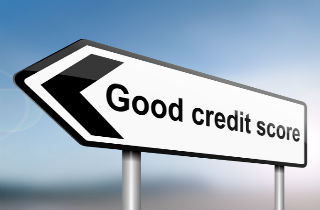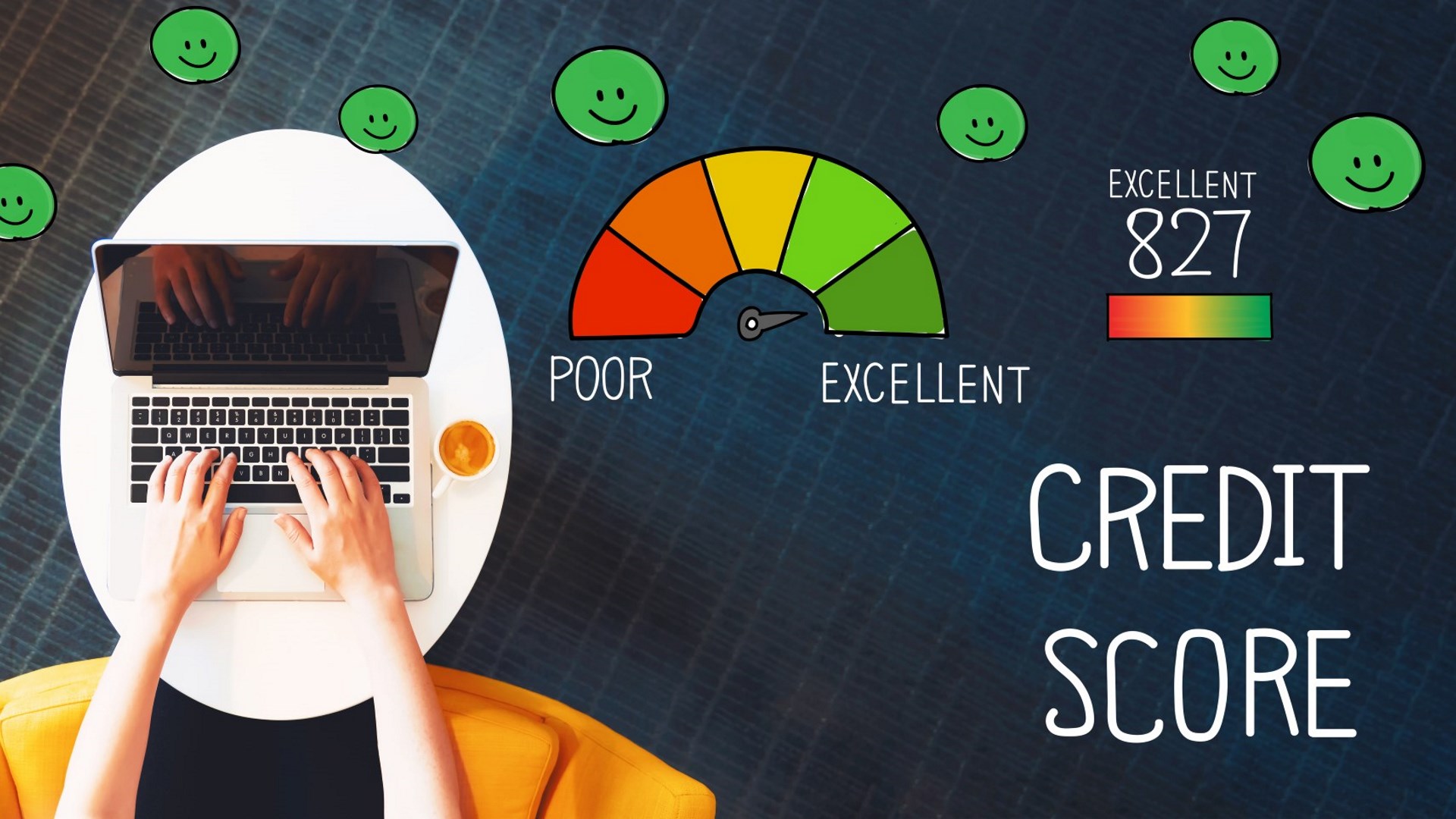Online Gambling Affect Credit Rating
At first glance, credit card chargebacks appear to be just like refunds. However, there is one very distinct difference between a chargeback and a refund. With a chargeback, the customer contacts the credit card company or bank for a refund, rather than the business they made the purchase from. While chargebacks are designed to protect consumers from unauthorized transactions, it’s important to understand chargebacks and their effect on credit score so you can avoid any detrimental impact to your business.
Do Chargebacks Hurt Your Business Credit Profile?
Fortunately, chargebacks will not have a negative impact on your business credit score. But, if you get enough of them, they can affect your merchant account. This can lead to higher processing fees and/or the loss of merchant accounts.
How Does a Chargeback Work?
Debt settlement also is damaging to your credit score as lenders report the debt as “settled for less than agreed’’ or “settlement accepted.’’ It remains on your credit report for seven years. How to Protect Your Finances from a Gambler in the Family. Gambling addiction affects those close to the gambler.
- Large debts from a gambling problem can have a lasting effect on your finances. Maxing out lines of credit, missing payment deadlines and constantly opening new accounts can harm your credit score – which is a key factor in determining loan approval, mortgage terms, interest rates and more. See related: How to improve your credit score.
- Since the dispute process is so easy, you can’t ignore chargebacks and their effect on credit score can have—even if it is indirect. Don’t be surprised if customers request chargebacks, even when there hasn’t been any fraudulent activity.
There are a number of steps involved in the chargeback process. Here’s a brief overview of it.
1. Customer Disputes the Purchase
Will Online Gambling Affect Credit Rating
If a customer doesn’t receive an item, determines an item or service is not as described, or sees an unauthorized transaction, they may contact the credit card company to dispute it.
2. Issuer Reviews the Chargeback
Once the issuer receives the chargeback request, they’ll determine whether it’s invalid or valid. If it’s invalid, the process will end and the customer will be notified. However, if it is valid, the process will continue.
Online Gambling Affect Credit Rating System
3. Customer Gets Reimbursed
The issuer will process the valid chargeback and provide the customer with a credit for the amount they disputed. When this happens, the business’s merchant account is debited for a credit charge and they’re on the hook for a chargeback fee that ranges from $15 to $100.
4. Merchant Receives the Chargeback
After the customer gets reimbursed, the merchant will find out through their merchant account processor. They’ll receive an email notification or physical letter in the mail. The notification will include directions on how to respond to the dispute.
5. Merchant Responds and Appeals
The merchant has the option to submit a response and appeal the chargeback. If they’re unsure of what a chargeback is, or believe the chargeback isn’t worth much, there’s a good chance they won’t respond and simply accept the chargeback.

If they do respond, they’ll have to prove they provided the product or service in questions and may wait months for the chargeback to resolve. Sometimes, the process of appealing a chargeback can cost more than the value of the original product or service.
How Do Chargebacks Hurt Your Business?
Since the dispute process is so easy, you can’t ignore chargebacks and their effect on credit score can have—even if it is indirect. Don’t be surprised if customers request chargebacks, even when there hasn’t been any fraudulent activity. They may do so because they weren’t satisfied with your product or service or believe it was wrongly represented online. Or, they simply didn’t recognize the charge on their credit card statement.
If you’re a business owner, it’s important to take chargebacks very seriously. Here’s why: When you’re hit with a chargeback, you’ll miss out on more than just the dollars that were disputed. You’ll also lose money on chargeback fees as well as all the time and money you spend selling, packaging, and delivering the product.
In the event your chargeback ratio (total chargebacks divided by total sales transaction) reaches a certain point, you’ll face one of these consequences: higher processing fees or a lost merchant account. If you completely lose your merchant account, you’ll have to find a processor who accepts “high risk” merchants.
Pro tip: What you don’t know can kill your business
Online Gambling Affect Credit Ratings

Take charge of your financial health today with a FREE Nav account. We'll protect and monitor your personal and business credit, so when it comes time to find financing you're prepared on all fronts.
Sign up nowPreventing Chargebacks
While you may not be able to completely prevent them, there are several things you can do to reduce chargebacks. Here are several ideas.
Excellent Customer Service
In today’s increasingly competitive marketplace, the customer truly is king. So if you treat every new and loyal customer well, they’re less likely to initiate a chargeback. If you find out a customer is dissatisfied for any reason, reach out to them promptly to resolve the issue.
A Customer Centric Return Policy
When it comes to your return policy, try to be as flexible and lenient as you can. Also, make sure it’s clearly outlined and easy for just about any customer to find and understand. Remember that a return is far cheaper and more convenient than a chargeback.
Offer Live Chat
A live chat can give customers the quick answers they need to avoid chargebacks. For instance, if they can log on to your website, chat with a representative, and find out when their package will arrive, they may refrain from pursuing a chargeback.
Detailed and Accurate Product Descriptions
If you’re an online retailer, make it a priority to write highly detailed and accurate product descriptions. This way your customers will know exactly what they’re buying. Good descriptions can eliminate surprises and the temptation to pursue chargebacks.
Realistic Expectations of the Product/Service Results
When you sell your products and/or services, don’t make promises you can’t keep. Set realistic expectations with your customers so they know exactly what they’ll get if they invest in your offerings.
Easy to Find Shipping/Tracking Information
While some customers won’t mind waiting for your products, others will want to receive them as soon as possible. Since those who don’t want to wait may file chargebacks, it is in your best interest to provide them with shipping and tracking information. This information can keep them up-to-date with the status of their order and reduce their chances of initiating a chargeback.
Follow Up on Irregular Orders
If you notice that a customer who usually orders the same items each month places an irregular order, follow up with them. Following up can allow you to ensure there was no mistake on your customer’s behalf and prevent a chargeback as a result.
Document Conversations with Customers
Keep accurate records of your customers’ credit card transaction amounts and dates as well as their authorization details. You should also document any conversations you have with customers and store any receipts or contracts they signed. Documentation can allow you to win a dispute against a customer who is trying to take advantage of the chargeback system or forgot they made a purchase.
Use a Clear Descriptor
If your business name is “Mike’s Bike Shop,” that is the name that should appear on each customer’s credit card statement. A parent name or different name that customers don’t recognize can put you at high risk for chargebacks. Your payment descriptor should be very clear and easily recognizable by your customers.
Many people place bets online on a regular basis, and while the thrill of a win is something we all seek, could that have an impact on your credit rating? The answer is far from straightforward, but there are two key points that you need to know about the subject. The first is that betting will not have any impact on your credit rating, it is accepted that many people place bets for enjoyment. However, the second factor is key, and that is that if you show signs of being an irresponsible gambler, even if you don’t consider yourself to be one, then this could have an effect on your credit rating.
Online Gambling Affect Credit Rating Scale
With millions of people gambling up and down the country every week, it is no surprise to learn that gambling itself cannot harm your credit score. This is a past time that is enjoyed by many people, and often the way in which many of us relax and further enjoy the sporting events that we are planning to watch.
Responsible gambling is allowed and whether that is in a shop with cash, or online on one of the many new online betting sites, you are allowed to have a flutter. However, it is important not to show any signs of being a problem gambler if you want to avoid being questioned on it.
People looking at your credit score will see deposits made to your bookmaker if you do that directly from your bank account. Using an e-wallet payment like Paypal, Neteller or Skrill can hide this if you are concerned and you don’t want that showing.
Something you do need to show if you are funding your betting through your bank is that gambling to you is a luxury and not a priority. This means it is no good to see deposits made to bookmakers when you are struggling for money in your account to pay the bills. Worse still, depositing using a credit card would also set alarm bells ringing, as you are betting on credit and showing them that, you should only bet with funds you have, and funds that are spare after you have paid off all your bills and other commitments.
Tips to Avoid Harming Your Credit Rating Through Gambling
If you are looking to keep clean and ensure you don’t harm your credit rating then following the steps below will generally keep you where you need to be.
Online Gambling Affect Credit Rating Chart
- Never deposit money with a bookmaker using a credit card, this shows you need credit to be able to bet
- Make deposits when you have money in the bank to do so. Think about the bills, and if you have enough to cover them before you start betting money away
- Keep money in your betting account so you don’t have to deposit on a regular basis if you are able to do this
- Try and use e-wallets to send payments to betting accounts as these are less likely to be traced